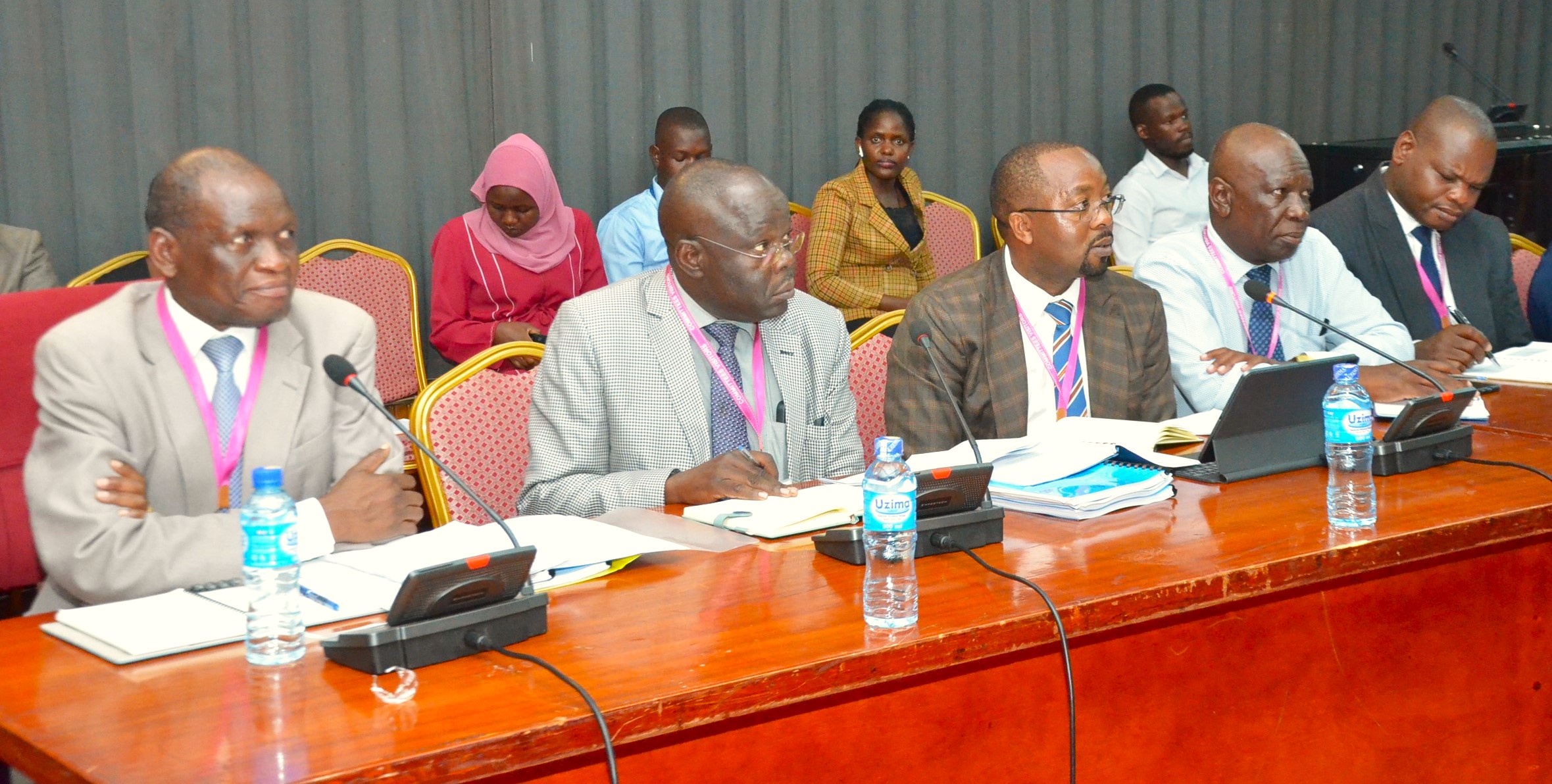The Public Accounts Committee, Members of Parliament (MPs) has expressed criticism towards the Uganda Cancer Institute for providing free cancer treatment to non-resident foreigners, with lawmakers questioning the use of Ugandan taxpayers’ funds to support foreign patients.
Dr. Jackson Orem, Executive Director of the Uganda Cancer Institute, disclosed that approximately 20% of the patients receiving free treatment at the facility are foreigners from East Africa. However, he clarified that these patients cannot be charged due to the absence of a formal framework for charging foreigners seeking cancer services at the Institute.
Dr. Orem explained, “There is need to revisit what private service is in the Ugandan context. Although we are calling it private services, literally what we are providing is called cost sharing. So, if at all the Government is interested in investing in the Institute to provide private services, the market is immense.”

Susan Amero, an MP representing Amuria District, expressed frustration at the use of taxpayer money to provide free treatment to foreigners. She emphasized the limited resources available to Ugandans and questioned why foreigners were benefiting from services funded by Ugandan taxpayers. Amero stated, “There isn’t a single day that I have gotten a tablet outside Uganda for free, so why are these people benefiting from our taxes that we are paying?Why should it be free for everybody and yet those who go out they pay a cost, so why are you offering free services for foreigners?”
Amero further criticized the perceived prioritization of foreigners over Ugandans, highlighting the disparities in healthcare access. She insisted that foreigners should not receive free services at the expense of Ugandan taxpayers.
In response to Dr. Orem’s defense of the Institute’s practices, Amero continued to challenge the notion of providing free treatment to non-resident foreigners. She argued that foreign nationals should contribute a subsidized fee for the services they receive, especially since they do not pay taxes in Uganda.

Sarah Opendi, MP for Tororo District, acknowledged the Uganda Cancer Institute’s role as a center of excellence for cancer treatment within the East African region. However, she raised concerns about the Institute’s limited capacity, particularly within the private wing. Opendi emphasized the importance of generating revenue through private services to support broader healthcare initiatives.
Opendi stated, “The Cancer Institute being a center of excellence for the treatment of cancers within the region must have that private facility where patients that come in from other countries must actually pay, why should they be provided services free in this country?”
Speaking on the sidelines of the meeting, Dr. Nixon Niyonzima, Head of Research and Training at the Uganda Cancer Institute, highlighted the Institute’s role as a center of excellence in cancer research and treatment within the East African Community (EAC). He emphasized that citizens from EAC member states are entitled to receive free services at the Uganda Cancer Institute due to its designated status.
Dr. Niyonzima explained, “UCI was declared a center of excellence because of its capacity to research and treat cancer. By virtue of this, citizens from the EAC community states are mandated to benefit from free services.” He further noted the financial benefits of providing these services locally, rather than having EAC members seek treatment abroad in countries like India or Turkey.
He continued, “We have been treating all foreigners as Ugandans, although parliament is now suggesting that we charge non-citizens from East African countries a particular fee because Ugandans pay taxes that run the institute.”
Dr. Niyonzima also highlighted specialized medical services offered by other East African countries. “Kenya is known for kidney transplants and treatments, while Tanzania has an institute for heart transplants and treatments,” he added. This recognition underscores the regional collaboration and specialization in healthcare services among EAC member states.




